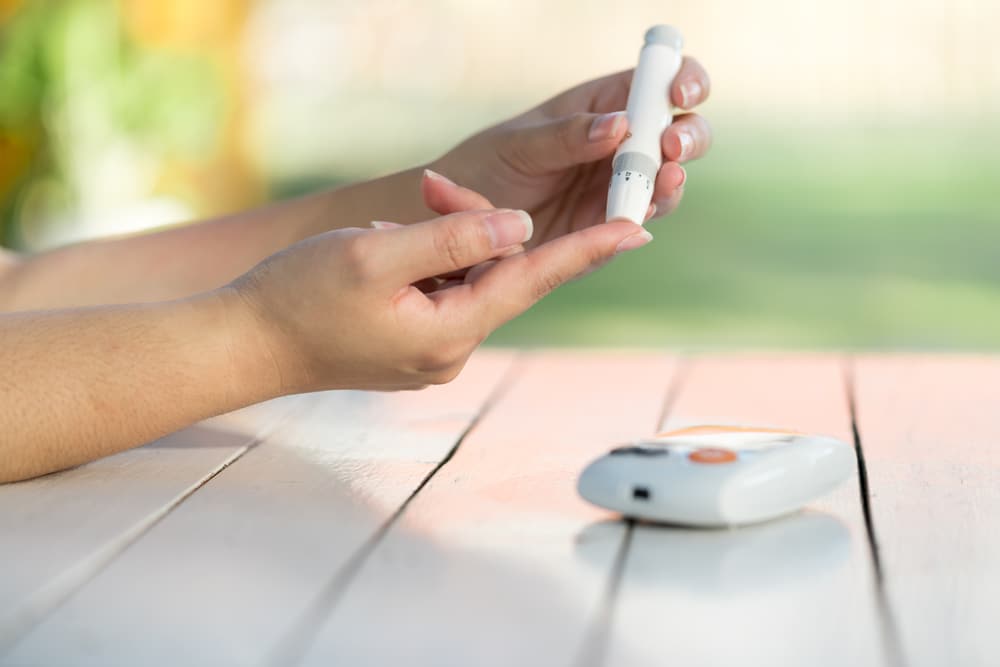Contents:
- Medical Video: How To Stop Acid Reflux | How To Treat Acid Reflux (2018)
- Foods that must be considered by ulcer sufferers?
- Cooking guide for ulcer sufferers
- What should be done after eating?
Medical Video: How To Stop Acid Reflux | How To Treat Acid Reflux (2018)
Poor eating habits can worsen heartburn symptoms. You can easily reduce the risk of heartburn by preventing stomach acid from receding into your esophagus. We can help by improving your eating habits.
Foods that must be considered by ulcer sufferers?
If you have heartburn, it is important to avoid foods and drinks that can increase stomach acid or cause stomach contractions. Check out the list of popular foods below and find out which ones you can and should not consume.
- Vegetables: broccoli, asparagus, green beans, celery, and cauliflower are all low in acid and may be consumed.
- Potato. Very versatile. Other root vegetables such as beets and carrots are also good for consumption. However, reduce the onion.
- Oatmeal. Oatmeal is low in sugar and has a lot of fiber, it will not cause stomach acid reflux.
- Bread. Only use whole wheat bread whole wheat orwhole grain unprocessed because it is filled with fiber, vitamins, and other nutrients.
- Rice. It is difficult to eat without rice, but if possible, use brown rice.
- Meat and poultry, or fish and non-fat seafood. You can still enjoy meat even if you have a stomach ulcer, but choose the pieces that contain, and avoid fat.
- Egg whites. Full of protein and low fat. As much as possible avoid egg yolk because it can cause symptoms.
- Fruit. All fruits are good for health, but ulcer sufferers should reduce them high-acid fruits like lemons, oranges, or tomatoes.
- Foods that must be avoided: chocolate, peppermint, caffeine, alcohol, fatty foods, oranges and orange juice, tomatoes and tomato juice, chili and black pepper, alcohol, soft drinks.
Cooking guide for ulcer sufferers
When you cook food, don't use oil or fat. That means you should not fry your food. Fat is more difficult to digest completely, so it will stay longer in your stomach. Instead, try recipes that are steamed, boiled, baked, or roasted.
Divide your food into small portions. Try to avoid eating large portions at once. In most cases of ulcers, the esophagus sphincter is weak and puts pressure on your stomach causing acid reflux. Instead of eating three times a day, you can eat 4 to 5 times with smaller portions.
What should be done after eating?
- After eating, you should avoid lying down for at least two hours. Directly lying down or sleeping after eating can make stomach acid flow more easily into your esophageal sphincter.
- Chewing gum (don't choose peppermint) can stimulate the production of saliva in your mouth, and can help move stomach acid into the small intestine faster.
- After eating, drink a small glass of water to wash food and acid which can spill into your esophagus. You can drink water, mineral water, decaffeinated tea, non-orange juice, or low-fat or nonfat milk. However, avoid drinking soft drinks, tomato juice, orange juice, alcohol, coffee, tea, and soft drinks that contain caffeine.
You can effectively manage and avoid the severe effects of ulcers if you have a balanced and healthy diet. Start caring about eating habits as soon as possible to prevent ulcers.
READ ALSO:
- 8 Foods That Cause Ulcer and Stomach Acid Disorders
- 12 Tips to Overcome Ulcer at Night
- Frequent Severe Stomach Pain? Beware of Bowel Inflammation












